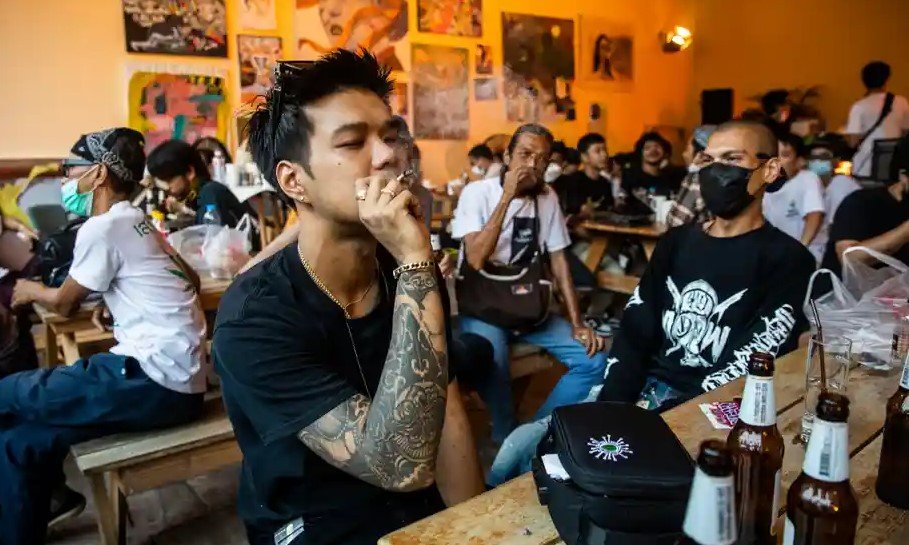Thailand Bans Cannabis: Thailand denied the utilization of cannabis and weed items on college grounds Monday, days after the nation eliminated the substance from its rundown of opiates.
The action expected to control the utilization of cannabis and the offer of food and beverages with weed in instructive focuses, an assertion from the Higher Education, Science, Research and Innovation Ministry said.
The public authority organization said understudies and staff of instructive organizations can’t involve cannabis for sporting purposes, while the individuals who take it restoratively should be under the management of clinical faculty.
Colleges will likewise arrange exercises to instruct understudies on the legitimate utilization of clinical cannabis to address the possibly destructive wellbeing impacts of this psychoactive substance.

Chardchart Sittipunt supported the Limitation of Cannabis
New Bangkok lead representative Chardchart Sittipunt supported Wednesday the limitation of cannabis use around schools in the Thai capital.
Thailand turned into the main country in Southeast Asia on Jun. 9 to decriminalize the individual development of weed for clinical use through a confounding regulation that doesn’t condemn sporting use.
The fractional decriminalization is important for the strategy to advance the clinical utilization of cannabis, which was at that point legitimized in 2018, albeit determined items can’t contain more than 0.2 percent of tetrahydrocannabinol (THC), cannabis’ psychoactive part.
Albeit the design is simply clinical, celebrations have held since the regulation came into force where participants partake in pot “joints” and cannabis buds are straightforwardly sold on Khaosan, Bangkok’s explorer road, and somewhere else.
Thailand passed a regulation in December 2018 to legitimize the utilization and examination of clinical cannabis, in spite of the fact that its execution through substantial guidelines has delayed to create, and in 2019 it started providing clinical Maryjane for help with discomfort to certain patients in emergency clinics.
In 2021, specialists endorsed the utilization of the leaves of the plant – which don’t contain THC – as an added substance in food and beverages.
